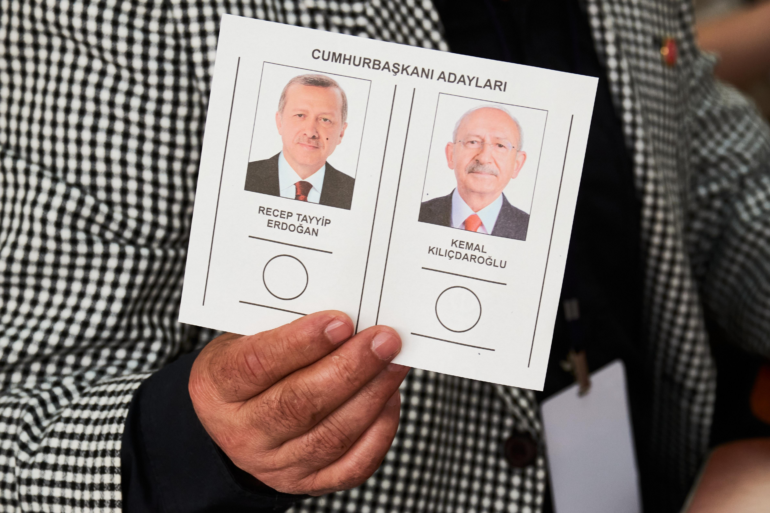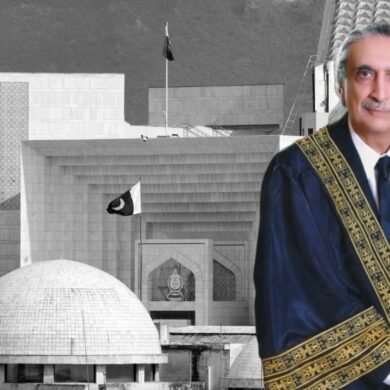Turkiye holds a historic runoff on Sunday, with President Recep Tayyip Erdogan seeking to extend his rule for two more decades until 2028. As the longest-serving leader in the NATO member country, Erdogan entered the runoff as the clear favorite, having secured a comfortable lead against his secular opponent Kemal Kilicdaroglu in the first round on May 14.
Despite being one of Turkiye’s most transformative eras since its establishment as a post-Ottoman republic 100 years ago, Erdogan faced a formidable challenge in this election.
Kilicdaroglu formed a powerful coalition of Erdogan’s disillusioned former allies, bringing together secular nationalists and religious conservatives. Opposition supporters saw this as a crucial opportunity to prevent Turkiye from sliding into autocracy under a leader whose consolidation of power has drawn comparisons to Ottoman sultans.
However, Erdogan came remarkably close to winning outright in the first round, defying predictions of his defeat in the face of the country’s severe cost-of-living crisis. Almost every opinion poll had suggested his potential downfall. Outside a polling station in Istanbul, 93-year-old Ozer Atayolu expressed his commitment to democracy and civic responsibility as he eagerly awaited his turn to vote.
Kilicdaroglu made efforts to maintain the morale of his disappointed supporters. Following the vote, he urged them not to despair on Twitter. However, he disappeared from public view for four days before re-emerging with a transformed stance.
The former civil servant shifted his focus towards right-wing rhetoric, emphasizing the immediate expulsion of migrants and the fight against terrorism. This change in strategy aimed to appeal to nationalists, who emerged as significant winners in the concurrent parliamentary elections.
Kilicdaroglu’s decision to align informally with a pro-Kurdish party exposed him to accusations from Erdogan of collaborating with “terrorists.”
The government portrays the Kurdish party as the political arm of outlawed militants. Kilicdaroglu’s courtship of Turkiye’s hard-right was further hindered by the endorsement Erdogan received from an ultra-nationalist candidate who finished third in the initial round.
Given Turkey’s influence in both Europe and the Middle East, the political developments in the country are being closely watched by world capitals.



